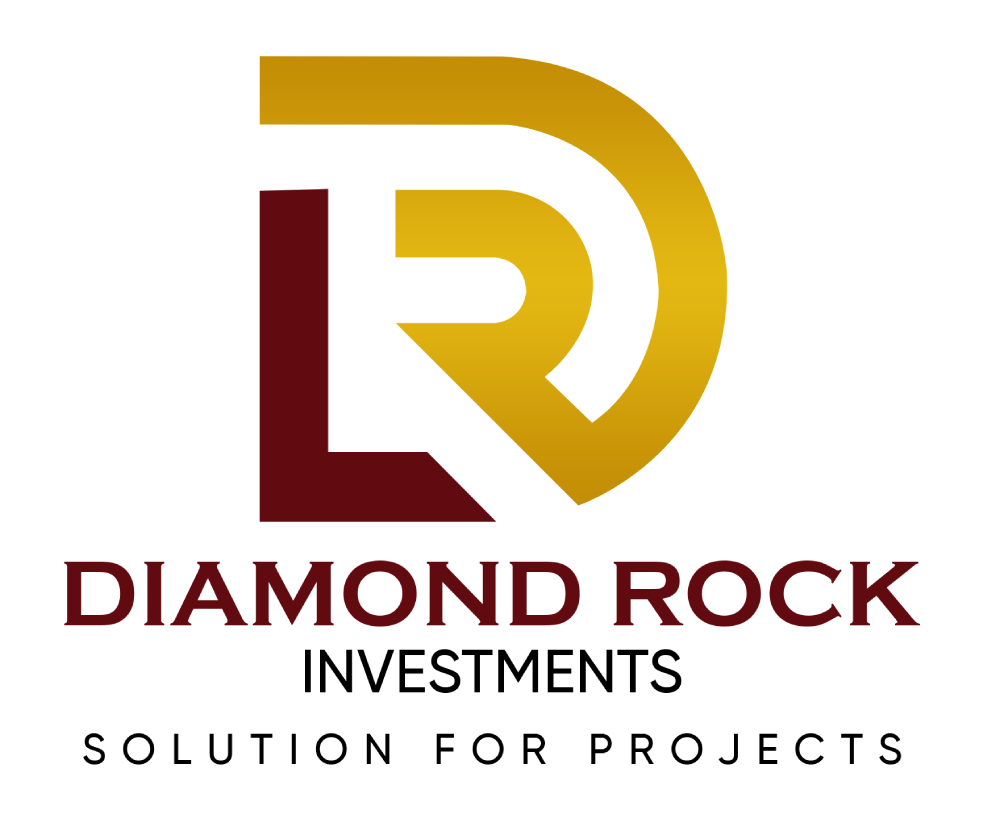Activities

Activities
Industrial Enterprises Investment, Institution and Management
Industrial Enterprises Investment, Institution, and Management is a comprehensive and multidisciplinary field that plays a critical role in shaping the success and sustainability of industrial businesses across various sectors, including manufacturing, energy, transportation, and technology. It encompasses the strategic planning and formulation of long-term investment strategies aimed at fostering growth, innovation, and competitive advantage in industrial enterprises. Central to this field is the creation and implementation of institutional frameworks, which establish governance structures, compliance regulations, and operational guidelines necessary to streamline processes and align the organization’s goals with broader economic, regulatory, and societal demands.
In terms of funding, industrial enterprises rely on a combination of equity, debt, and alternative financing methods to support both their expansion and day-to-day operations. Investment decisions are often shaped by a combination of market trends, risk assessment, financial performance, and technological advancements. These decisions have far-reaching implications not only for the company’s financial health but also for its ability to remain competitive in an ever-evolving marketplace. The role of management is equally critical, as effective leadership is required to navigate the complexities of these industries, optimize resource allocation, drive innovation, and maintain operational efficiency.
Moreover, industrial enterprises face various challenges, such as fluctuations in raw material costs, geopolitical uncertainties, technological disruptions, and labor market dynamics. Thus, effective management in this field requires a strong understanding of global economic forces, industry-specific trends, and internal organizational capabilities. Successful integration of investment strategies, institutional governance, and management practices can lead to sustainable growth, profitability, and resilience in the face of changing market conditions. Ultimately, this discipline ensures that industrial businesses not only thrive in the short term but also achieve long-term stability and contribute to broader economic development.

Activities
Real Estate Enterprises Investment, Development, Institution and Management
Real Estate Enterprises Investment, Development, Institution, and Management is a multifaceted field that integrates various elements of financial analysis, project management, regulatory compliance, and organizational strategy to ensure the successful development and operation of real estate ventures. This discipline encompasses a broad range of activities, from the initial stages of property acquisition and investment to the long-term management and operation of real estate assets. At its core, it involves the strategic planning and investment in real estate projects—whether residential, commercial, or mixed-use developments—that align with both market demand and economic trends.
Investment in real estate is typically a capital-intensive endeavor, requiring careful assessment of location, market conditions, potential for appreciation, and risks associated with economic cycles. Real estate investors often leverage a combination of equity capital, debt financing, and joint ventures to fund developments, balancing the need for profitability with the risks inherent in market fluctuations, regulatory changes, and project-specific challenges. Investors must be able to navigate complex financial modeling, asset valuation, and due diligence processes to identify high-potential opportunities and mitigate risk.
The development aspect of real estate involves the transformation of raw land or existing properties into functional, attractive spaces. This process includes everything from securing permits, managing construction timelines and budgets, to ensuring the final product meets the expectations of end-users, whether they are homeowners, tenants, or commercial occupants. Successful development requires coordination between architects, urban planners, contractors, and local authorities to comply with zoning laws, building codes, and environmental regulations.

Activities
Health Services Enterprises Investment, Institution and Management
Health Services Enterprises Investment, Institution, and Management is a critical and evolving sector that focuses on the strategic development, financial structuring, regulatory compliance, and operational management of organizations involved in the delivery of medical and healthcare services. This multidisciplinary field involves a wide range of activities designed to improve healthcare outcomes, enhance access to care, and ensure the financial sustainability of healthcare providers. It encompasses hospitals, clinics, long-term care facilities, ambulatory care services, telemedicine platforms, and other healthcare delivery systems.
In terms of investment, health services enterprises face unique challenges compared to other industries, due to the highly regulated nature of healthcare and the complex needs of the population. Financial backing is essential for the expansion and modernization of healthcare facilities, acquisition of medical technology, recruitment and training of medical professionals, and integration of innovative care models. Investors in this field must carefully evaluate market dynamics, reimbursement models, and regulatory landscapes to determine which health services ventures offer the highest potential for long-term growth and impact. Health services investments typically rely on a mix of equity capital, public or private funding, and government grants, while also addressing the financial pressures of rising healthcare costs and the need for cost-effective solutions.

Activities
Commercial Enterprises Investment, Institution and Management
Commercial Enterprises Investment, Institution, and Management involves the strategic orchestration of capital, resources, and organizational frameworks to drive the growth, profitability, and sustainability of businesses engaged in trade, services, and other market-driven activities. This broad field encompasses a wide range of industries—from retail, hospitality, and finance to information technology, logistics, and consumer goods. At the heart of commercial enterprises lies the continuous balancing act between innovation, market demand, financial performance, and regulatory compliance, all while delivering value to customers and stakeholders.
Investment in commercial enterprises is a dynamic process that requires keen insight into market trends, consumer behavior, and economic cycles. Investors, whether they are private equity firms, venture capitalists, or institutional investors, assess the potential for high returns by evaluating factors like business model scalability, competitive advantage, operational efficiency, and risk exposure. Commercial enterprises often rely on a mix of equity, debt financing, and internal funding to fuel their growth, whether it’s through market expansion, product diversification, or technological innovation. Investment decisions are influenced by factors such as supply chain dynamics, global trade regulations, and the capacity for the business to pivot in response to changing consumer preferences or market disruptions.

Activities
Investment in Oil & Natural Gas Projects
Investment in Oil & Natural Gas Projects is a vital component of the global energy infrastructure, requiring substantial financial commitment, technical expertise, and strategic foresight. The industry plays an essential role in fueling economic development, powering industries, and meeting the ever-growing demand for energy across the world. This type of investment covers the entire lifecycle of petroleum and natural gas resources—from exploration and extraction to processing, transportation, and distribution. Due to the capital-intensive nature of the sector, investors must carefully consider factors such as geopolitical risk, technological advancements, market dynamics, environmental regulations, and the volatility of oil and gas prices when making investment decisions.
Exploration and Extraction of oil and natural gas represent the initial phases of the investment process. These activities typically require significant upfront capital to identify and drill for reserves, as well as to conduct geological surveys and build the necessary infrastructure to support extraction operations. Investors must evaluate potential reserves, the likelihood of finding commercially viable deposits, and the costs associated with exploration. Additionally, investments are often directed toward advanced technologies such as seismic imaging, directional drilling, and hydraulic fracturing (fracking) that enable companies to access previously hard-to-reach resources.
